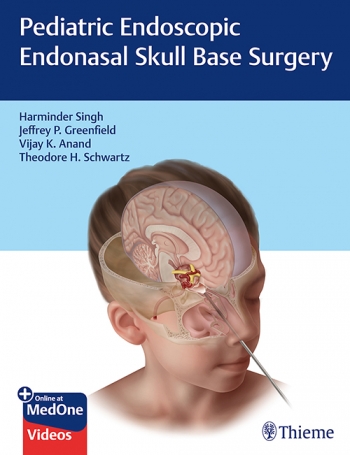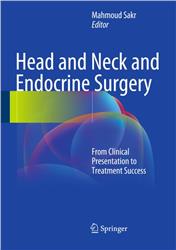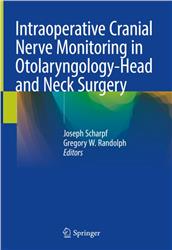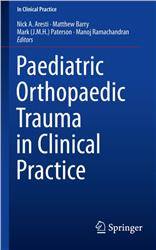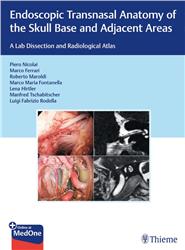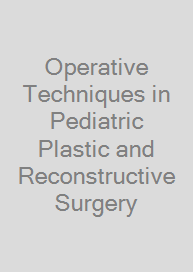Pediatric Endoscopic Endonasal Skull Base Surgery
| Auflage | 2020 |
| Seiten | 236 pp., 500 illus. |
| Verlag | Thieme |
| ISBN | 9781626235014 |
| Artikel-Nr. | 616525 |
Lieferzeit ca. 5 Werktage
Produktbeschreibung
The definitive state-of-the-art resource on pediatric endoscopic endonasal approaches
Today, expanded endonasal approaches (EEA) have revolutionized the surgical treatment paradigm for pediatric central skull base lesions. Specially adapted micro-instruments have been developed to permit passage through the narrow sinonasal pathways in children, enabling access to the entire midline skull base, from the crista galli to the cervico-medullary junction.
Pediatric Endoscopic Endonasal Skull Base Surgery by Harminder Singh, Jeffrey Greenfield, Vijay Anand, and Theodore Schwartz is the first textbook focused solely on endoscopic endonasal management of cranial base pathologies in children. The book reflects in-depth expertise from an extraordinary group of international contributors from five continents, who share extensive knowledge on this emerging field. Thirty chapters are presented in three comprehensive sections.
Key Features
Core topics including anatomy, rhinological and anesthetic considerations, patient positioning and OR set-up, instrumentation, and endonasal corridors and approaches
Fifteen chapters detail endoscopic treatment of a full spectrum of pediatric pathologies, such as craniopharyngioma, meningoencephalocele, basilar invagination, and benign and malignant tumors, among others
Discussion of multiple skull-base closure techniques, managing complications, and neurosurgical and otolaryngological postoperative care
Visually rich, the succinct text is enhanced with 500 high-quality surgical illustrations and intraoperative photographs, as well as procedural videos
This unique reference is essential reading for neurosurgical and otolaryngology residents and fellows, as well as veteran surgeons, nurse-practitioners, and physician-assistants who treat and care for pediatric patients with skull-base conditions.
Today, expanded endonasal approaches (EEA) have revolutionized the surgical treatment paradigm for pediatric central skull base lesions. Specially adapted micro-instruments have been developed to permit passage through the narrow sinonasal pathways in children, enabling access to the entire midline skull base, from the crista galli to the cervico-medullary junction.
Pediatric Endoscopic Endonasal Skull Base Surgery by Harminder Singh, Jeffrey Greenfield, Vijay Anand, and Theodore Schwartz is the first textbook focused solely on endoscopic endonasal management of cranial base pathologies in children. The book reflects in-depth expertise from an extraordinary group of international contributors from five continents, who share extensive knowledge on this emerging field. Thirty chapters are presented in three comprehensive sections.
Key Features
Core topics including anatomy, rhinological and anesthetic considerations, patient positioning and OR set-up, instrumentation, and endonasal corridors and approaches
Fifteen chapters detail endoscopic treatment of a full spectrum of pediatric pathologies, such as craniopharyngioma, meningoencephalocele, basilar invagination, and benign and malignant tumors, among others
Discussion of multiple skull-base closure techniques, managing complications, and neurosurgical and otolaryngological postoperative care
Visually rich, the succinct text is enhanced with 500 high-quality surgical illustrations and intraoperative photographs, as well as procedural videos
This unique reference is essential reading for neurosurgical and otolaryngology residents and fellows, as well as veteran surgeons, nurse-practitioners, and physician-assistants who treat and care for pediatric patients with skull-base conditions.
Fachzeitschriften

Bleiben Sie informiert!
Melden Sie sich für den frohberg.de-Newsletter an und nutzen Sie jetzt Ihre Vorteil:- Willkommens-Dankeschön: Beatmungsmaske Rescue Me
- Aktuelle Neuerscheinungen und Empfehlungen
- Exklusive Angebote und Kongress-Highlights
